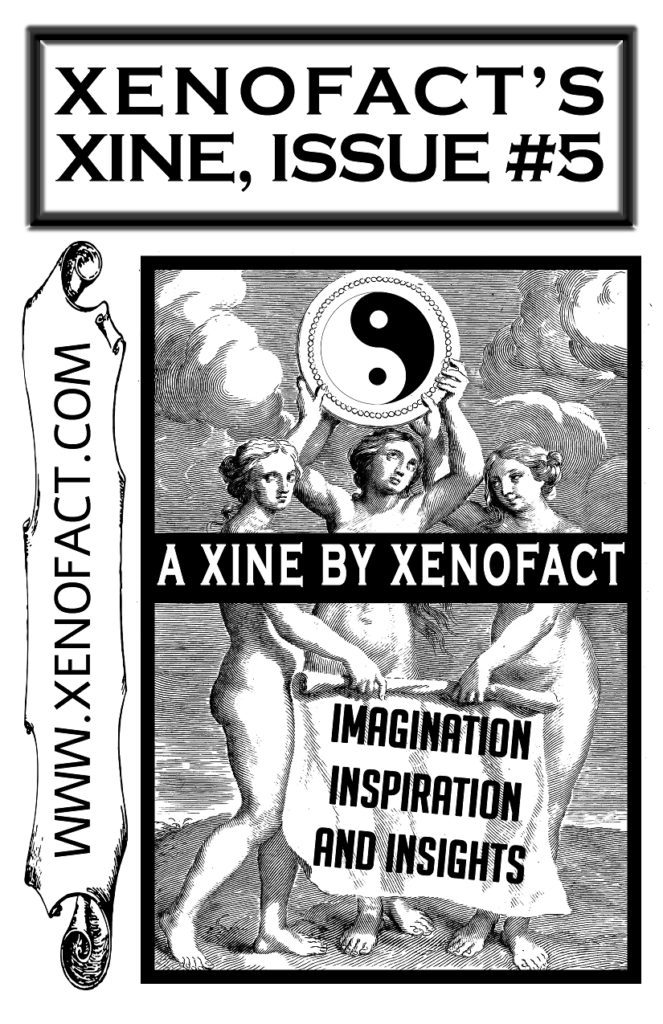“I’m X, Y, and Z” some religious person or spiritual seeker will exclaim proudly, touting their supposed morals and ethics.. However they are neither X,Y, or Z in your humble opinion – yet if you call them on it they get very offended. You yourself are offended that they are making such statements while clearly not living up to what they profess.
We’ve seen this before, with gun-toting Lightworkers, compassionate Christians who want homeless people dead, and so on. People are very emphatic about who they are while being absolutely nothing like they say they are.
So are they just lying? Well, it would seem as much, but drifting among various conversations I’ve had and heard, I’d like to suggest something different. These people have a brand.
A brand. A set of labels and images and so on that define them. It doesn’t mean they are these things, but they say they are. The human equivalent of a corporation touting their love of the environment while pumping toxic waste into it, or financial responsibility being part of their image until the CIO suddenly flies to a country without an extradition treaty.
At least with corporations we have the comfort of assuming people in them are lying to us, but I think these “spiritually branded” people who don’t live up to their brand may be serious. They may actually think they’re what they say they are.
Why do I say that? Am I going soft? No, they’re still destructive assholes, but we can learn from them. In fact I think I have a pretty good idea of how we got here.
Ages ago, “personal branding” was all the rage in the career world. Initially I kind of liked it because it felt like a vision quest – figure who you are and sum it up! I’ll even argue that early on it was a good thing as it helped people figure out how to communicate in their careers!
But of course, it became corrupted into bullshit-spewing self-marketing. The internet didn’t help because it encouraged everyone to brand themselves. Start this youtube channel! Start this podcast! Do this etsy store! Try this on your LinkedIn. We all got branding dumped down our throat, and even if we didn’t respond we saw all those people who found brands and wondered . . .
Now slather all of this on top of religion and spirituality, which has had PLENTY of inaccurate branding over the ages. The result is something far worse than the usual religions toxicity. We’ve taken the problems humanity has always had and added market-tested, keyword-enabled branding on top of it. It’s somewhere between marketing and toxic fandom.
So when you tell someone they’re a religious hypocrite and they insist they aren’t with buzzword bingo, remember this is branding. This is a lie people are so used to telling it’s not a lie.
(As how we deal with it, well, that I gotta put some thought into . . .)
– Xenofact

